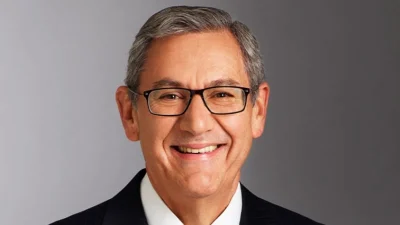Super funds could engage more through statements
Superannuation funds are missing out on the opportunity to further engage with members through their end of year statements, according to eo Financial Services.
Statements are a vital contact point that provide an opportunity to deliver simple, relevant information without the jargon, said eo Financial Services chief executive Megan Bolton.
"Too many super funds see end-of-year statements and annual reports as little more than regulatory requirements. Without investing thought into how to engage the member, it's easy to fall into the trap of sending bland and indecipherable material that doesn't get read or deliver any real value", Bolton said.
Dzu Huynh, marketing and communications manager of eo Financial Services, said statements are delivered at a time of year when members are most engaged and is the only time eo communicates directly with all members of its client fund, Professional Associations Super.
"By ridding statements of jargon and unnecessary data, members are able to extract useful information and take an active interest in their super fund," Huynh said.
Eo has re-engineered the statement process around Professional Association Super's members, encouraging them to know their balance. This is the first and most critical step towards getting members engaged in retirement planning, according to eo.
Bolton said consumers were no longer accepting of overly complex super information.
"Today, communications need to be succinct, engaging and add value to the fund's service. Progressive service providers need to be driving innovation to make the most of every touch point with members," she said.
Recommended for you
The two funds have announced the signing of a non-binding MOU to explore a potential merger.
The board must shift its focus from managing inflation to stimulating the economy with the trimmed mean inflation figure edging closer to the 2.5 per cent target, economists have said.
ASIC chair Joe Longo says superannuation trustees must do more to protect members from misconduct and high-risk schemes.
Super fund mergers are rising, but poor planning during successor fund transfers has left members and employers exposed to serious risks.











